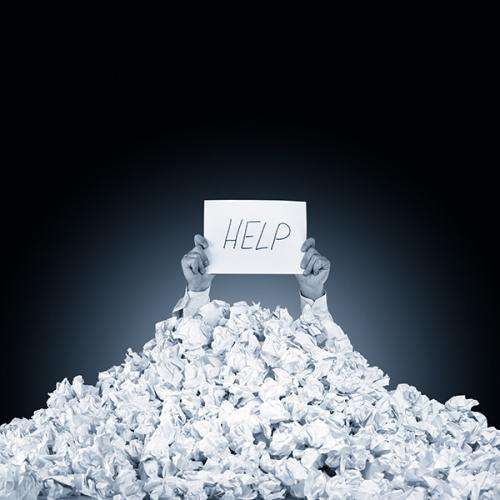Five tips to prevent or mitigate physician burnout

Physician burnout syndrome is a very real and common phenomenon. It impacts a majority of physicians at some point in their careers. Samantha Meltzer-Brody, MD, associate professor of psychiatry and director of the Perinatal Psychiatry Program, offers these tips for preventing or mitigating physician burnout.
Physicians experiencing emotional exhaustion, depersonalization, and a reduced sense of accomplishment or loss of meaning in their work may be suffering from burnout. The symptoms need to be taken seriously, because burnout can lead to the erosion of professional behavior at work and increase relationship difficulties at home. Burnout is also associated with decreased empathy and compassion and, potentially, worse patient outcomes. Given the multitude of stressors that face physicians in the complicated and often fractured health care system, doctors need to find a way to take care of themselves and watch for signs and symptoms of burnout. The bottom line is that you can't take care of others if you don't take care of yourself. Physicians will often put their own care last on their long to-do list and this causes unpleasant consequences.
Samantha Meltzer-Brody's work on physician burnout made her a Sanders Clinician Scholar. Her recent post on The Health Care Blog discusses burnout. View her tips for preventing or mitigating burnout below.
(1) Engage in regular exercise and/or other restorative activities
Each person has his/her own personal preference for what is restorative. Physical exercise has a large evidence base for decreasing stress and improving emotional well-being. It is critical to find time for regular exercise and to make this a top priority. Identifying an exercise partner (or buddy) to help you stick with your self-care can be a great way to aid compliance and make exercise more fun.
Other people find yoga, mindfulness-based stress reduction, massage therapy, or acupuncture to be quite helpful in stress management. All of these have proven track records of increasing wellness and can make a significant difference in how you feel.
(2) Spend time with friends and family
Emotional connections and support from others are critical aspects of self-care. Make sure to spend time with loved ones or friends. When doctors start to feel burned out, they become exhausted and begin to withdraw from others. This leads to a vicious cycle of feeling more socially isolated while continuing to withdraw from other people who often want to be of help. Figure out ways to connect with family and friends on a regular basis. Schedule time with others so that connecting is not left up to chance.
(3) Identify the things you can and can't control at work
The list of frustrations in the current health care system is quite long. Try to systemically and thoughtfully determine the things on your list that you can control and the things that are completely out of your control. If at all possible, don't invest your time and energy in the things you can't control, as doing so leads to feelings of helpfulness and psychological impotence.
(4) Monitor your inner emotional energy barometer and know when you are running on empty
We all have days when we feel fatigued and lack energy, concentration or motivation. It is important to check in on your personal barometer and assess how you are feeling. Try to pick a regular time each week to check in with yourself. Use a scale from 1 - 10 (1 = no energy and 10 = high energy). If you notice you are feeling consistently down and exhausted, this is a signal that you need to refuel. Try to take a few days off or make a serious effort to increase participation in restorative activities.
(5) Look for warning signs of burnout—get professional help when needed
Doctors don't like to admit when they are having difficulty. Asking for psychological help is stigmatized. However, ignoring warning signs of burnout leads to much worse outcomes including depression, substance abuse/dependence and other impaired relationships. Take note if you are drinking more alcohol than usual and using it as a way of coping. Pay attention if you begin to feel increasingly irritable and are having more interpersonal conflict with colleagues at work and/or at home. Increased mood lability, tearfulness, changes in appetite and/or sleep are all warning signs of burnout. Ask for help.
















